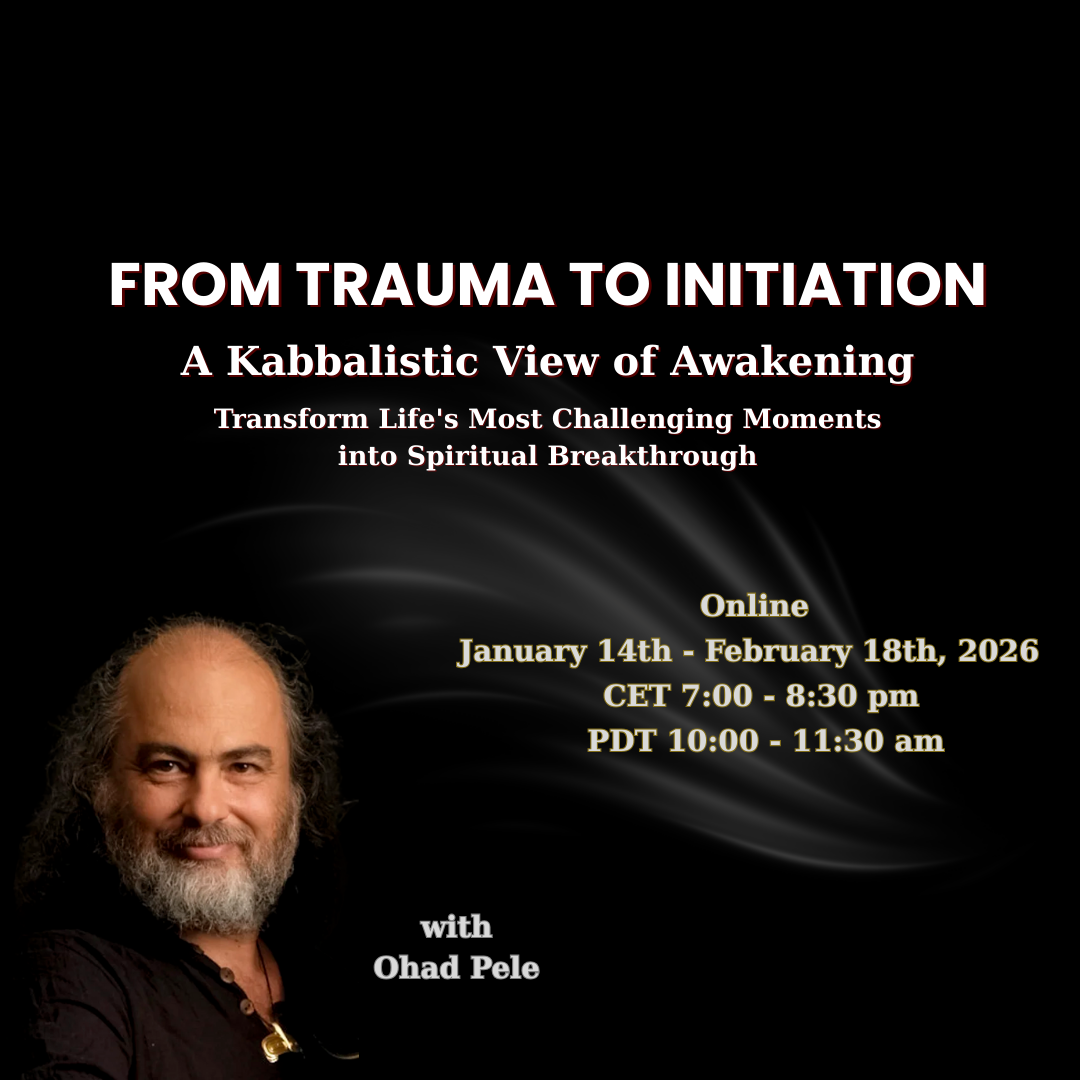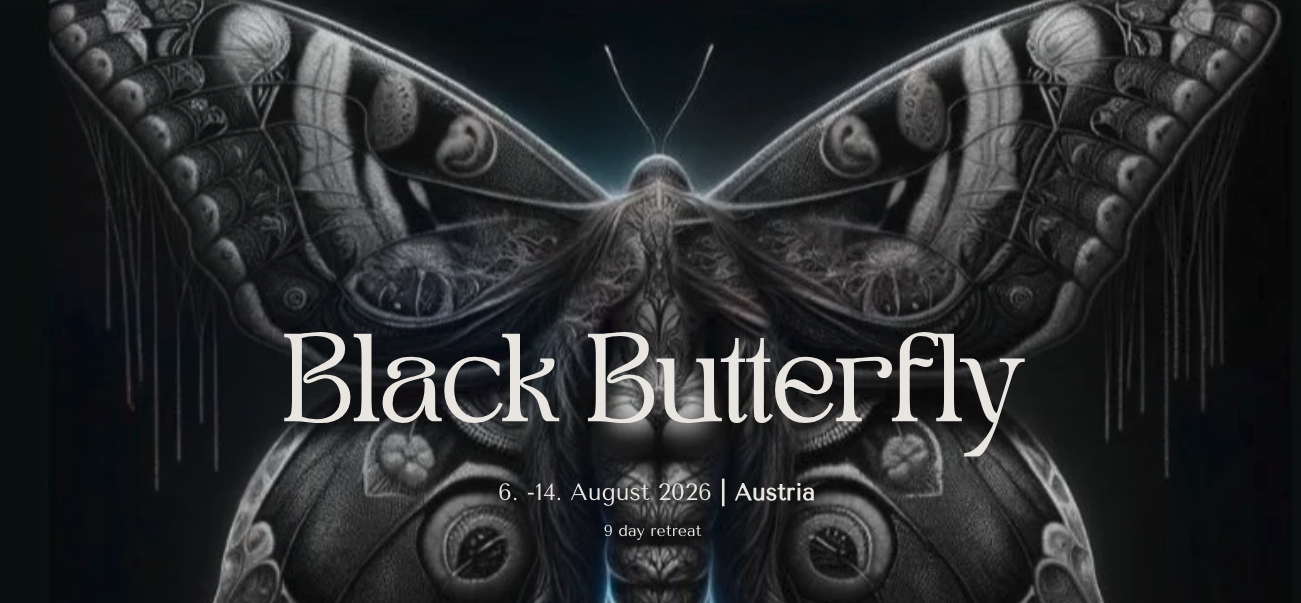A pilgrimage to the great master — Shabtai Zvi
This is a unique sharing that I want to share with you from my very moved heart:
It is for many years that one of my main sources of influence is this controversial man who lived in the 17th century and is hated and condemned by the jews: Shabtai Zvi. His radicality, his originality, and his daring to claim his truth and pay any price for that, the price of fame (at a certain point he was The leader of all Jews who believed him to be the Messiah, millions of people all over the world believed in him) as well as the price of ridicule, consumption, jail, and exile (later, when his real teachings were exposed). Shabtai Zvi was always a meaningful master for me, even though I never took his specific teachings as “the truth” — just as a source of inspiration. Some days ago I found myself sitting in his apartment in Montenegro, drinking coffee and good red wine on a terrace overlooking the sea, where he loved to sit and do the same, and looking for his grave, which is a mystery even for academic scholars who tried to identify it. I am so moved by the way I was brought to this because I did not plan it! I was literally pulled with magic strings to come and visit my master. This is how it all happened:
For some years I already had a plan to go one day to look for the footsteps of Shabtai Zvi in Montenegro. Therefore, when my dear friend Dolores created the first Tantra festival in Montenegro and asked me to come to teach there, I immediately said yes. It was only when I got to the nude beach (Ada-Bojana) where the festival took place that I realized that I am 20 min drive from Ulcinj, the town where he lived for the last years of his life. Not only that — Shabtai Zvi died on Yom-Kippur (the holiest day in the Jewish calendar, 17th of Sept 1675) and I was in the festival on those days, Yom-Kippur was on the 16th this year and the festival lasted until the 20th). So here I am, on his memorial, so so close to his grave…
When the festival ended I booked a room in Ulcinj and drove there. I showed my host the picture of the grave that scholars suspect Shabtai Zvi is married in and of course…. It was just under my balcony. 5 min walk. My host told me that his family is Christian orthodox but his grandma always related with great awe to this specific grave and he never knew why.
From another scholar who visited the site some years ago, I got the name of the Muslim man who takes care of the gravesite and holds the keys (thank you Akiva W.). I was told this man is not so easily willing to open the gate. My host called him to set up a meeting with me for the next day. Then I went down to the coast, where the grave is, just to say hi to Shabtai Zvi, even if the gate is still closed.
As I came closer I saw the man watering the flowers and cleaning around. He was there! His English is not the best and still, we could understand each other. His name is Agim Peku and for him, it is clear that this grave has nothing to do with Shabtai Zvi. Two Muslim sheiks are buried there, he told me. Nevertheless, he opened the gate for me so I can pray, but “no pictures” he said.
I stood at the door and was so moved… am I really standing at the tombstone of Shabtai Zvi and his wife Sara?? Until this very moment, Shabtai Zvi was a character from the books and from the dream realm. Over the many years that I am influenced by him and his lineage he had visited my dream several times, but now it is in the 3D physical reality!
Agim waited for me to end my prayers and told me there is another grave, in the middle of town, where there is one man buried and many times people from Jerusalem come to pray there. According to the local tradition, the Muslim sheik buried there is a man called Murd Dadai. “Come” said Agim “I will take you there”. We climbed on his scooter and he drove the streets as locals do… until we arrived at the house where the grave is, just to realized it is locked.
Agim asked around and found the keys with a young woman from the family that takes care of this gravesite who was working at a plastic products store nearby. She came with us and opened the door. “No pictures,” she said to me, but I already took one through the window. Agim took his shoes off, went inside, kissed the tombstone in two places, lit some candles, opened his palms as Muslims do in prayer, closed his eyes, and prayed. He thought I can not go inside, but the girl told him it is ok. I could see she liked me :). I stepped inside, kissed the tombstone as I saw Agim do, and whispered some prayers. “Are you here, my Rabbi Shabtai?” I asked. “Is this your grave?”. I did not feel a yes in my inner systems. The place by the sea was vibrating much more. I bowed and stepped out with respect. It is so beautiful to see the devotion and care with which the locals hold these sacred sites. I wish the same for the sacred tombs of ancient Kabbalists in the land of Israel…
Agim put me on his scooter again and drove me to a restaurant my host recommended as a good place the locals go to. (I wouldn’t recommend it to you). I was touched by the kindness of this big Muslim man to a complete stranger.
It was the night of Succot (the full moon holiday in the Jewish calendar) and I celebrated it with a good local beer and not-so-good steak. Before falling asleep I called Shabtai Zvi to into my dreams.
The next day I woke up happy, showered, and went down again to say good morning to Shabtai and Sarah. When I stood there this time alone by the locked gate, I asked again: “Are you here, our Rabbi, our master Shabtai Zvi? Is this Sarrah your wife lying on your side?” Two orange butterflies came to me and landed on the gate, one on my right and one on my left. “Butterflies!” I said laughing “Yes, again Spirit talks to me with Butterflies…” (for other stories of butterfly transmission see my chapter in the book “Sex Shamans” edited by Kamala Devi Mclure). Huge waves of energy flooded me whenever I related in my prayer to both Shabtai Zvi and Sara, much more than when I had just evoked him alone. I understood: they are to be evoked together.
Some words about Sara: before Shabtai Zvi became famous two women in Poland went to the seminary. They thought they saw a shadow amongst the graves, maybe a ghost… but it appeared to be a young woman, dressed in white. She was walking in the graveyard in ecstasy and saying “I am meant to marry the Messiah!”. This woman was Sara. She was taken as a crazy woman and was banned from the town. Sara wandered to Amsterdam where she became a sex worker and from there to Italy. When Shabtai Zvi became famous as the Messiah the rummer about that “crazy whore” that prophesies she is supposed to marry the Messiah came to his ears. Shabtai Zvi was sent to bring her to him when he was in Alexandria, and they married and lived together. When Shabtai Zvi was exiled to Ulcinj in Montenegro Sara asked to join him. Sara died in Ulcinj. Professor Phenton who was searching for Shabtai Zvi tombstone and found the double grave by the sea in Ulcinj claims in his article that the second tombstone might be of Sara, who died there several years before Shabtai Zvi.
Personally, I do not see Sara as a “whore” but as a Kedesha — a priestess of love and sexuality that was brave enough to break the conservative conventions of her Jewish upbringing and move with faith and power towards her destiny. Sacred sexuality took place in the teachings of Shabtai Zvi and his followers. They were breaking all tabus, with the intention to connect to the divine even while performing religious transgressions. After Sara died Shabtai Zvi married the daughter of Rabbi Josef Philosopher from Thessaloniki. She came to Ulcinj to marry him. When she wanted to have sex with her brother Shabtai Zvi gave her permission to do so. She got pregnant and gave birth to a baby boy. This boy — Bruchia Ruso — became a prophet, a radical Kabbalist, and the second leader of the Donme group (the followers of Shabtai Zvi who converted after him to Islam).
It is also known that Shabtai Zvi was bisexual and saw himself as a female soul in a male body. One of his nicknames was Amira, a female name.
Sacred sexuality was celebrated in the communities of his followers for generations after his death. In the winter they would all gather in one house, shut all the windows, turn off any flame, and in complete darkness, allow eros to flow unbounded. This was a sacred orgy where one might have sex with one’s relatives with or without knowing, it didn’t matter. When you were in the ceremony you are not your persona but what we call today a transpersonal presence. Children that were born from that night were considered holy.
But Shabtai Zvi’s main focus was not on sexual freedom (as it as it was for the 3rd incarnation in this movement: Jackob Frank, the man most hated by the jews till this day and the man I dedicated the book “Shining Darkness” to). One of Shabtai’s most amazing insights and actions was connected to women's rights in the Jewish world (and remember, we are talking about a man who lived in the Ottoman empire in the 17th century!). On Shabbat day, after he converted to Islam, he made his way to the Jewish synagogue in Kushta. In the synagogue, he took over the ritual of the Torah reading. He called women up to read from the Torah alongside the men, something that was never done before (and still is not done in orthodox congregations today). He then took the liberty to say that the verse in Genesis that submit the woman to her man is not the nature of creation but a curse that was put on Eve. “I am the Messiah” declared Shabtai Zvi “and as the messiah, I hereby cancel that curse! From now on, dear women, you are no longer submissive to your husbands but equal to them in all!”. What a man, ha? In my eyes if it takes someone to see himself as God or the messiah in order to break down the power structures of patriarchy and bring freedom to all, may it be so, and … maybe he is, indeed, divine!
The Ottoman authorities didn’t like the fact that he, who already converted to Islam, shows up in a Jewish synagogue and took him under arrest. His great charisma stood up for him again and he was not executed but sent to the very end of the empire, to a place no jews live at… to Ulcinj, at the border of Albania and Montenegro.
Exited with the butterfly effect I made my way to the tower where Shabtai Zvi lived in his last years. This tower is now part of the museum of the town, yet not a single word about Shabtai Zvi is written anywhere. Alas. I picked some little flowers as an offering of respect and made my way to the top floor, where he lived. I was alone there. Every once in a while tourists came up, looked at the pictures of the exhibition of Ulcinj history, and went down again, leaving me with the spirit of the master and his wife, at their tower apartment.
In the southeast wall, the direction of both Mecca and Jerusalem there is a small prayer niche carved into the stones. On the opposite wall is another niche with two stone carved stars of David on its two sides. I spread the little flowers in that niche, lied down to rest just under, and allowed my psyche to open and be receptive to the energy of the place. Then something made me stand up and start dancing in the center of the room. I was whirling like a Sufi for quite some time as a dance of prayer and as a show of respect to the spirits of Shabtai and Sara.
Then I felt I need to leave.
On my way out of the citadel, I stepped onto the roof of the building adjacent to the tower, where it is said that Shabtai Zvi danced and sang out loud some psalms at night, under the moon. It is considered a miracle that he was not executed by the upset Muslims that gathered below that night.
Walking down from the museum my eye caught a sign saying: “Statue Shabatai Zevi”. “Hmmm… I said to myself, “let’s check that out”. After a 5min walk, I found myself on a beautiful balcony of a restaurant, infant of a huge bronze statue dedicated to Shabtai Zvi. I was impressed and started to take pictures of the powerful statue.
“You like it?” Asked a voice from the terrace above me.
“Very much” I replied.
A conversation developed between me and the owner of the restaurant. His name is Gani and he ordered the making of that statue from an artist in France, paying from his own pocket. My new friend Gani told me that the house on our right, where today is the sauna of his hotel, belongs to his family for generations. Gani’s grand grandpa was best friend with Shabtai Zvi who used to walk down to this terrace almost every day, sit here by his friend’s house, and meditate. The view from the terrace is indeed so beautiful. I ordered some coffee and took my time to sit and feel, right in the place where Shabtai Zvi was doing the same.
Gani doesn’t think the tomb by the sea belongs to Shabtai Zvi and his wife but to two local Muslim people. From the writings, we know that Shabtai Zvi ordered to bury him by the water, in a small cave he made. But Gani thinks the other grave (of this Murad Dadai) is the right place. Not only because it is one tombstone but also because the family who takes care of the place is known to be originally Jewish, and probably converted to Islam after Shabtai Zvi, with other 36 families that came to Ulcinj with Shabtai Zvi and converted after him.
The next day when I wanted to leave town I noticed that I forgot my wallet in my room. Driving back through the one-way streets I realize that the road brings me to park just by the grave at the coast. I smiled. There was no way for me to leave this place without saying goodbye.
What do I learn from Shabtai Zvi?
I learn the courage to speak your truth even if it makes everybody upset with you, even if they throw you to jail, even if they ban you — no matter what they say, be true to your truth. Some day, maybe hundreds of years into the future people will connect to it and be inspired.
I learn the power of love devotion from the way Sara came to be with him and worked with him. I am sure she had a big influence on Shabtai Zvi.
I learn that it is not only us that feel that God needs to be redeemed from the little boxes of religion. Shabtai Zvi was not trying to redeem the people, his work was dedicated to redeeming the divine from the narrow-mindedness of people.
I learn that “success” or “failure” can not be measured over a short time span. As people said before me: Shabtai Zvi won! His “proto-feminist” vision of freeing women from the domination of men manifested and is still manifesting throughout humanity. More and more people today are connecting to the Divine without the need for any religion. Diversity, gender-fluidity, and sacred sexuality are becoming big social trends and even the thing with the Turkish Sultan actually happened: It is well documented that the followers of Shabtai Zvi believed that Shabtai Zvi will take the crown of the Sultan and will become the king. This did not happen, of course, and the jewish world stopped believing in Shabtai Zvi as a Messiah. Nevertheless, it is known that a rumor claimed that Ata-Turk, the general who took the crown off the head of the last Turkish sultan, came from the “Donme” (the community of families that followed Shabtai Zvi into Islam and remained loyal to him). Shabtai Zvi had maybe lost the battle but he definitely won the war!
Ohad Pele / September 2021, Montenegro
Dive deeper with me and enroll in one of my online courses















